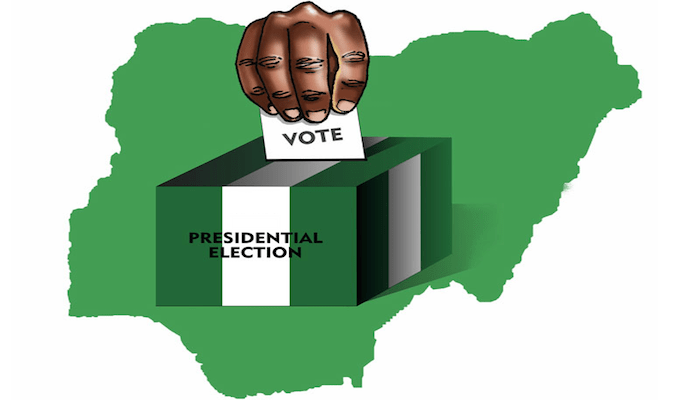On Tuesday, the former deputy president of Kenya, William Ruto, was declared the winner of the East African country’s election. He won with a vote margin of 50.49 percent to defeat five-time runner, Raila Odinga, who gathered 40.85 percent of the votes.
Following the successful conduct of Kenya’s elections, there are quite several significant tips Nigeria can apply in its forthcoming 2023 election. This is because even though Nigeria and Kenya are different in politics, history, and demographics, they are similar in democratic characterization, economic status, etc.
Similarities
Nigeria and Kenya are products of a British colony which in present day democracy practice multi-party systems. The two countries also have three major ethnic groups; while Nigeria has Igbo, Hausa, and Yoruba, Kenya has Kikuyu, Luhya, and Kalenjin.
A deeper dive shows that both countries have a young population, with about 75% of their total population being under 35 years. Constitutionally, both countries require a candidate to register about half of the total votes cast in his name to win a presidential race. Finally, neither President Muhammadu Buhari of Nigeria nor President Mr. Uhuru Kenyatta of Kenya is/was a candidate in the presidential race.
Significant Observations from Kenya’s presidential elections
Technology
As observed in Kenya’s presidential election, the use of technology greatly relegated rigging and other unjust vices commonly practiced in elections. As various studies have shown, the root cause of electoral violence in Africa is lack of trust in the electoral process. Technology has breached that gap by establishing electoral transparency and sponsoring the conduct of free and fair elections.
As part of the technological processes implored on Election Day, Kenyan voters provided their fingerprints for identification, which was cross checked on a digital database. Also, after voting and counting are over, each polling station digitally transmits their results. The use of technology in Kenya’s election ultimately reduced election violence, rigging and result manipulation to its minimum.
The blessedness of social media
Social media has become a useful tool to publicize ongoing activities in a polling unit. The privilege that corrupt government officials have exercised in the past of creating narratives in the media through television, radio and newspapers are over, as within seconds of uploading a video or picture, happenings in a region can go viral, and the necessary authorities take action. Social media and vigilant voters combined to rub corrupt government officials of privacy to dirty biddings.
Respect for the rule of law
Kenya passed electoral reforms that imposed the rule of law in the country’s elections, and every voter and residents abided by it. To the extent that security agencies arrested parliamentary candidates for fighting at polling units and for possessing weapons.
Other significant pointers in Kenya’s election include:
- The Kenyan government allowed prisoners to exercise their franchise.
- Citizens living in 12 foreign countries could vote as Kenya organized polling centers for them. There were polling units in the US, UK, Canada, Germany, etc.

